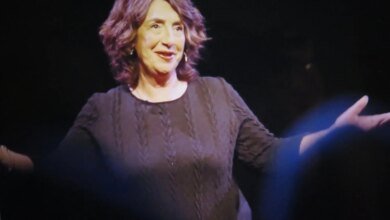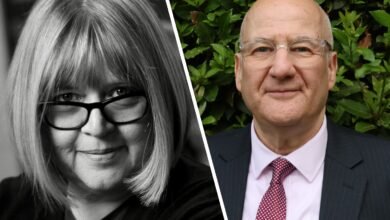Listening for God in Torah and Creation — Jewish Renaissance


It was important to me to embrace critical scholarship; no text can be understood without context. This applies especially to foundational religious texts, in which it’s easy to think that we have access to God’s unmediated word, when what we really have is the biblical authors’ understanding of God’s will in their place and time. The rabbinic tradition has always been radical; there has always been the courage to reinterpret. A historical perspective allows even more latitude in reconsidering such central issues as, for example, the position of women or the attitude to war.
Yet it mattered to me no less to take off my critical spectacles. If we stand outside the Torah, looking in like spectators, the Torah cannot form us or deepen our spiritual and moral sensitivities. Judaism has always understood us as subject to the Torah, not the Torah as subject to us.
My book is structured according to the weekly Torah readings, with short essay-style reflections on each portion. But there’s also a thematic index for those wanting to follow key themes: environment, healing, justice, spirituality.
I hope the book occasions much reflection and debate. It’s the responsibility of every generation both to receive the Torah as our ancestors understood it, yet also to appreciate the Torah as our contemporary.
By Rabbi Jonathan Wittenberg
Listening for God in Torah and Creation: A Weekly Encounter with Conscience and Soul is out now (Hodder & Stoughton, £30). hachette.co.uk




